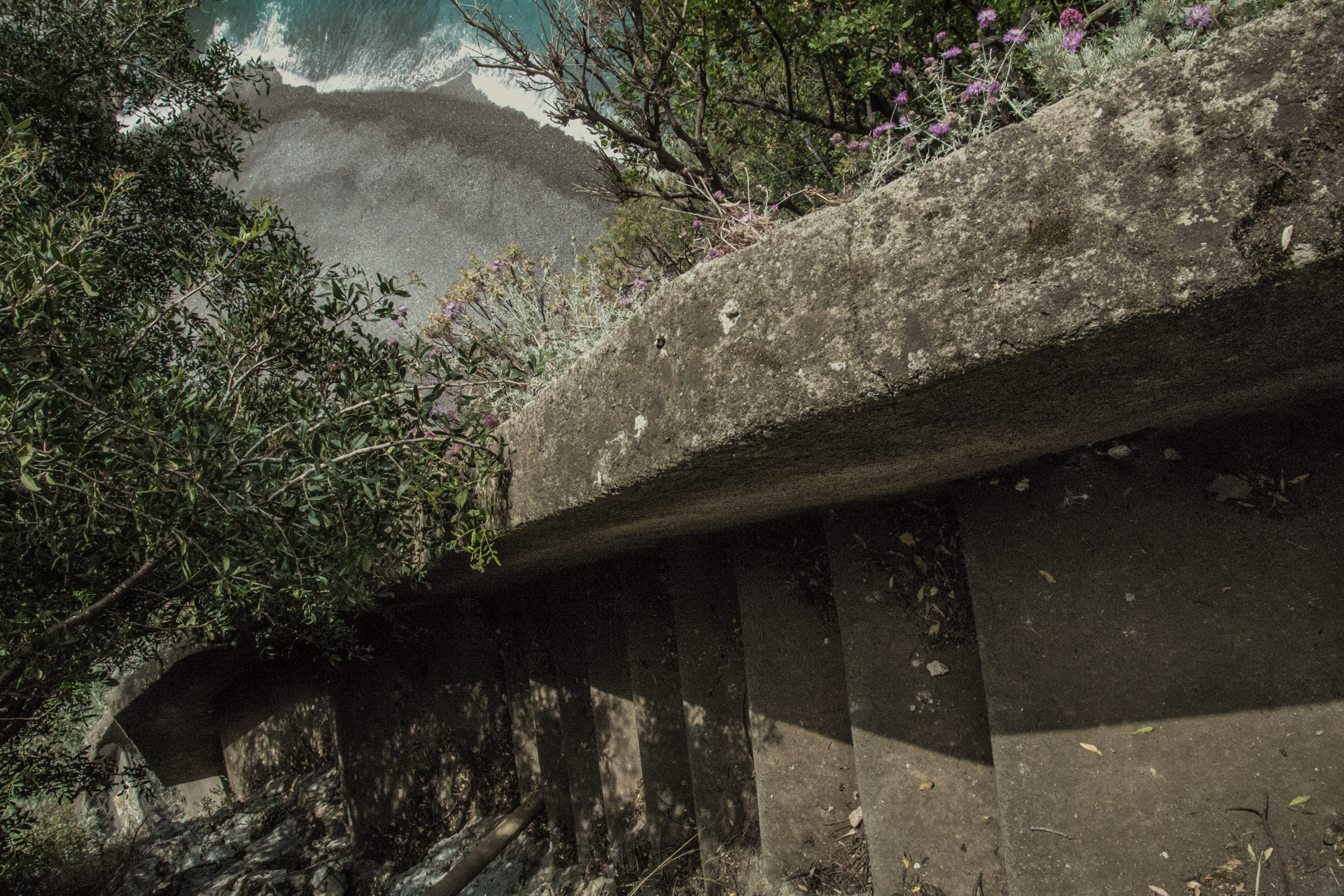I found myself curious about confidence a year or so ago. I researched it, read a lot, wondered and pondered and came away with some interesting insight, but it didn’t really connect with anything that helped me to understand why I so often lacked it…
Confidere is the Latin root of confidence.
Literally translated it is con (with) fidere (trust)
So, really, confidence is trusting yourself.
Lots of people have a problem with confidence — with trusting themselves — for lots of different reasons.
But those of us who have experienced trauma have a shared set of reasons. They’re not pretty, but they’re knowable.
According to noted psychologist Dr. Bessel van der Kolk, those who have experienced trauma are prone to feeling a sense of alienation because of that trauma. We behave badly or act out, we lose our temper or shut down, we behave in ways that don’t feel like ourselves, all kinds of ways.
Feeling as though we’re acting in ways that are not ourselves creates that sense of alienation — or a sense that you can’t trust yourself to behave in ways that are true to yourself.
That is a very literal, tangible reason for a lack of self-trust. I understand that.
And that’s where hope comes in, at least for me. There’s something to be “done” with that.
The recently popular phrase ‘stand in your truth’ has rubbed me the wrong way, I get the gist of it and why it is important to people, but honestly, it rings untrue to me. I think I understand why now.
it’s like saying ‘stand in your fluid motion.’
Truth is not a solid state.
It’s misleading to say, from on high, that it’s a place that you can stand in.
That creates a sense that truth is a fixed state and that once you’re there all you need to do is stand still.
That’s just bull shit.
Life moves. Contexts change. We don’t get to stand still.
We don’t know how we’ll react to life in motion…
So instead of holding myself ‘stand in your truth,’ I’m going with:
Know your truth.
Return to your truth.
Swim with your truth.
Check in with your truth.
Understand what ‘not true’ feels like, and shift.
That, to my sense of things, is an active state, a relationship with myself and with life that can cultivate a sense of confidence. A sense of trust.
I trust myself to know my truth, I trust myself to move with my truth.
I trust myself that I understand what ‘not true’ feels like and that I will turn toward truth as soon as I can. I trust myself.


